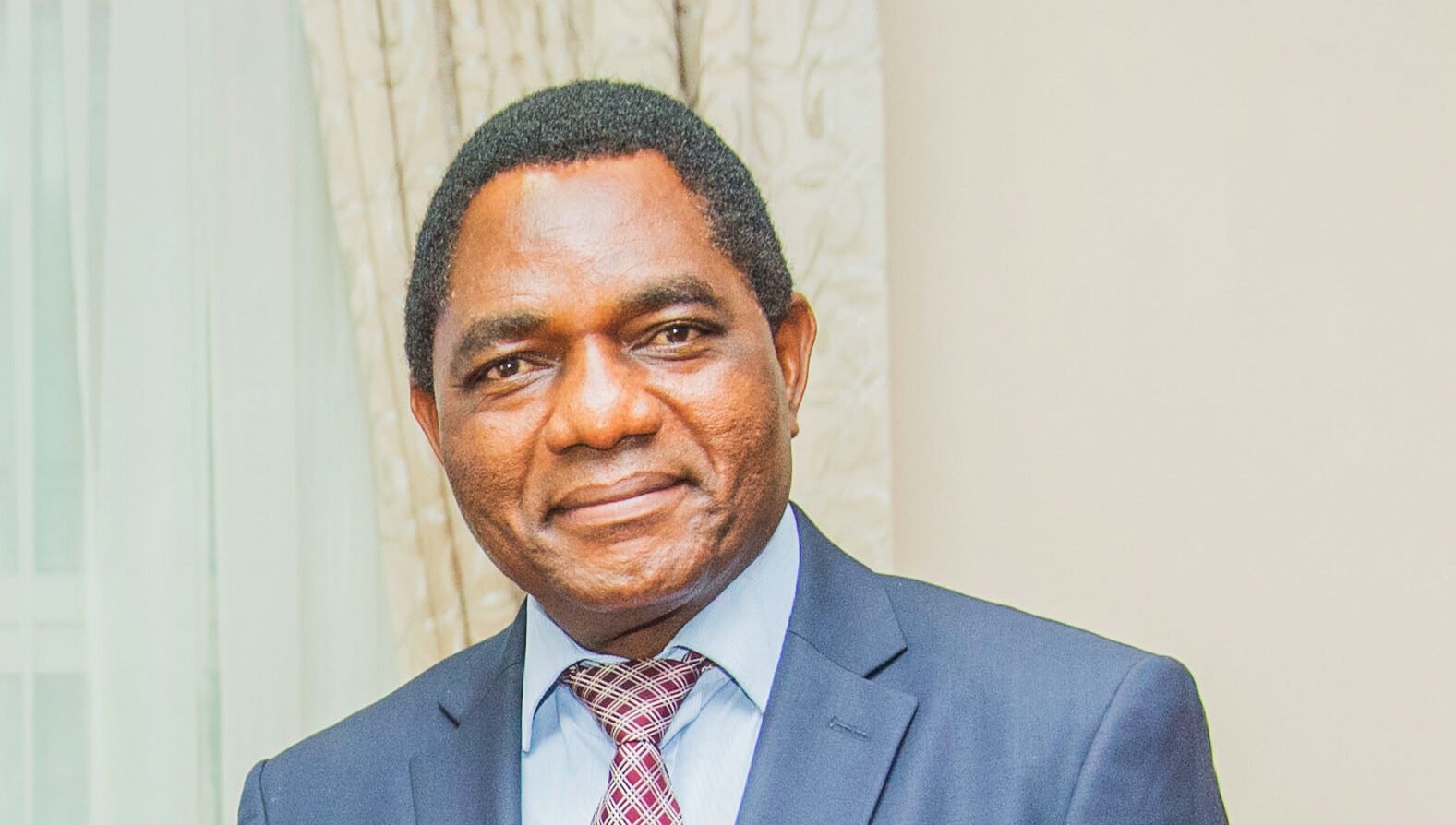In a lengthy Twitter thread, Zimbabwean political figure Jonathan Moyo addressed the speculative chatter surrounding Zambian President Hakainde Hichilema’s decision on whether or not to attend an upcoming inauguration in Zimbabwe. Moyo’s statement not only downplays the importance of Hichilema’s attendance but also scrutinizes the recent activities of the Southern African Development Community (SADC) Election Observation Mission (SEOM).
According to Moyo, the legitimacy of the Zimbabwean inauguration is not contingent on the presence of President Hichilema or any other foreign leader. “The ludicrous idea that the inauguration will lack legitimacy if President Hichilema does not attend is absurd, because legitimacy of the elections or governance in Zimbabwe does not come from Hichilema,” said Moyo.
Moyo emphasizes that legitimacy, according to Zimbabwean constitutional law, is derived solely from the people of Zimbabwe, and Hichilema’s role, if any, is secondary and not mandated by any formal protocols.
Moyo doesn’t mince words when it comes to discussing the SEOM’s preliminary statement on Zimbabwe’s 2023 general election. He accuses President Hichilema of appointing Dr. Nevers Mumba to head the mission “in bad faith.” According to Moyo, the SEOM’s preliminary statement lacks direct observations and instead leans on “untested hearsay.”
Notably, the SEOM’s preliminary report concluded that some aspects of the Zimbabwean elections fell short of constitutional and SADC guidelines, without explicitly stating that the elections were neither free nor fair. Moyo argues that SEOM’s ambiguous language and lack of specific conclusions leave room for misinterpretation and exploitation by “merchants of regime change and their mouthpieces.”
Drawing a line between domestic governance and international scrutiny, Moyo argues that elections are primarily a national responsibility. He notes that many countries that don’t even hold elections are “members of the UN in good standing,” thereby suggesting that international oversight may not always be necessary or justified.
Moyo’s final point is that SEOM’s recommendations are ultimately for Zimbabwean authorities to consider and act upon, based on their own judgment. The preliminary statement is just that—preliminary—and subject to revision and correction.
Jonathan Moyo’s public statement lays bare the complex dynamics of diplomatic relationships within the SADC and poses significant questions about the role of election observation missions. As the region grapples with the challenges of governance, democracy, and regional cooperation, the unfolding events could serve as a barometer for future political and diplomatic relations within the SADC.
At the end of the day, Moyo affirms that the choice to attend the inauguration rests solely with President Hichilema. His attendance, or lack thereof, will inevitably be seen as a political statement, one that could echo far beyond the borders of Zambia and Zimbabwe.
While the Twitter thread covers an array of issues related to SEOM, SADC, and the intricacies of Zimbabwean politics, its underlying message is clear: National interests and constitutional mandates should take precedence over international expectations and assumptions.
